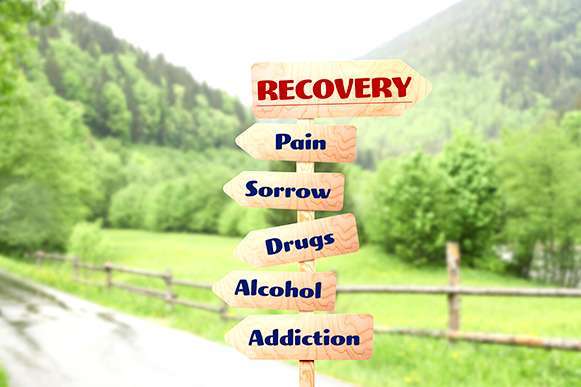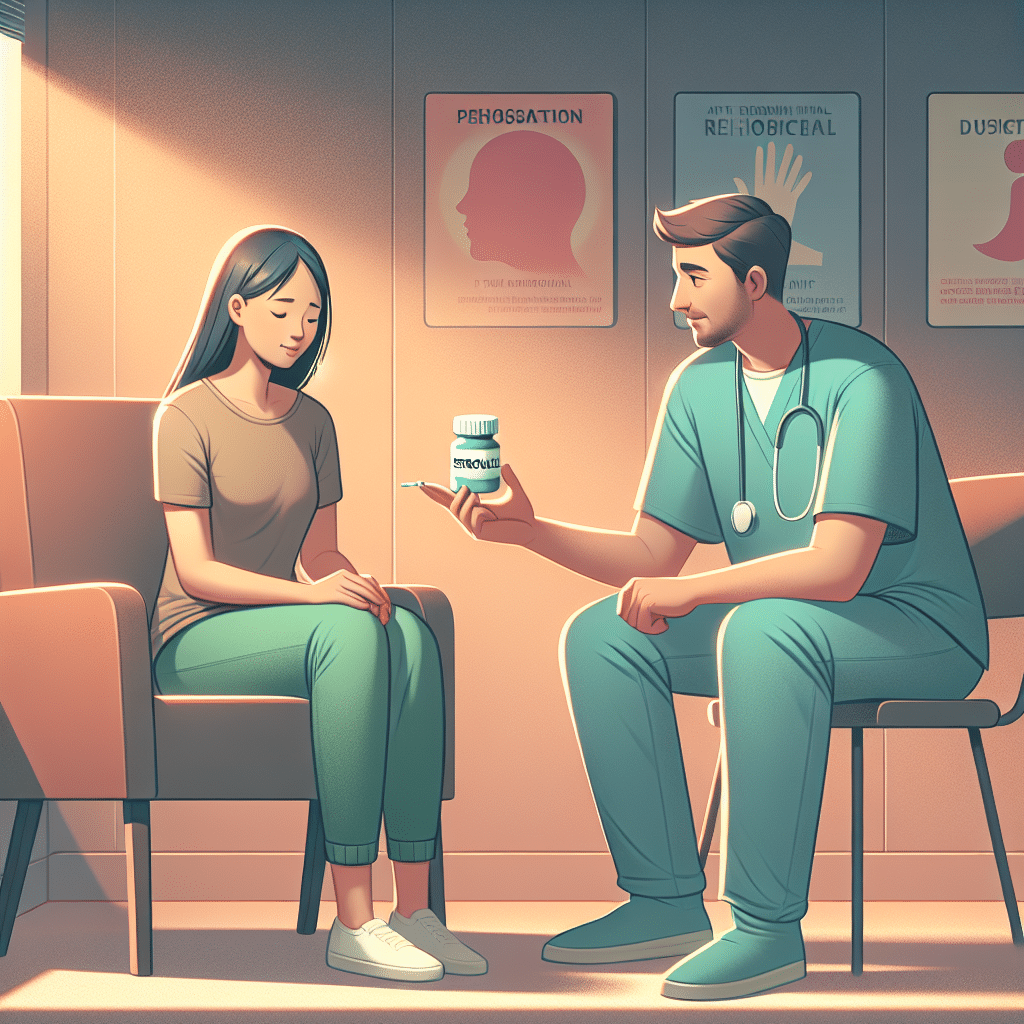Top Guidelines Of Drug-free Life
Table of Contents3 Simple Techniques For Drug-free LifeThe Buzz on Drug-free Life10 Simple Techniques For Drug-free LifeTop Guidelines Of Drug-free LifeThe Basic Principles Of Drug-free Life Rumored Buzz on Drug-free LifeThe Facts About Drug-free Life UncoveredSome Known Details About Drug-free Life Drug-free Life Things To Know Before You Get This
helps you recognize the underlying ideas and habits that add to substance usage. It additionally educates you healthy coping devices to make use of throughout recuperation. is a strategy in which a counselor or specialist asks you questions such as "Why do you want to quit drinking?" or "Exactly how has compound usage affected your life?" The goal is to resolve the ambivalence that many individuals feel when they desire to make a change however are afraid that they're not prepared.Throughout family counseling, your household members will also learn about the dynamics of dependency and how to ideal support you once you leave the rehab center. Many programs consist of household members and friends throughout the whole rehabilitation process, from the preliminary assessment with aftercare.
The Facts About Drug-free Life Revealed
A number of the exact same strategies used in specific therapy are made use of in team therapy, such as psychoeducation, inspirational talking to, and skill advancement. Group treatment is connected with positive outcomes for dependency recuperation due to the social assistance it provides. Members benefit from sharing their experiences, listening to other individuals's tales, developing bonds, and sustaining each other.
Material use conditions are the professional term for addiction to alcohol or medicines, which triggers considerable problems. Even more than 20 million Americans have substance usage disorder, according to the National Institute of Mental Wellness.

Drug-free Life - An Overview
For more details about STARS, please call 212-923-3031. NewYork-Presbyterian/Weill Cornell's Midtown Center for Therapy and Research study is a detailed not-for-profit outpatient program for the evaluation and therapy of chemically dependent people and their better halves. To learn more regarding the Midtown Center, please phone call 212-764-5178. NewYork-Presbyterian Westchester Behavioral University hospital provides extensive inpatient rehab therapy for alcohol and substance usage, with or without added psychological conditions.
At NewYork-Presbyterian, we have know-how in dealing with a diverse client population. Various other existing clinical conditions and psychiatric disorders can make dealing with a compound usage trouble in a senior client much more difficult. At NewYork-Presbyterian, our senior citizen psychiatrists and various other psychological healthcare experts with expertise caring for older clients provide experience and concern.
Clients can select to restore at The Sanctuary, a luxurious inpatient system. Individuals who concern The Haven for compound use treatment take advantage of a thorough appointment, specialist analysis, and discreet, compassionate care provided by nationally identified psychiatric specialists. Find out more regarding The Sanctuary. Our inpatient and outpatient programs are run by highly experienced psychoanalysts and psychologists with sub-specialty training in areas varying from dependency to sleep conditions.
The 4-Minute Rule for Drug-free Life

It is very important that both the specific with a substance use disorder (SUD) and their liked ones understand the differences in between these two sorts of therapy programs prior to deciding. Exploring all options before deciding can assist place the individual or a loved one when traveling to long-lasting sobriety.
Get This Report on Drug-free Life
Dr. Ashish Bhatt, MD explains. Inpatient recovery programs call for people to admit themselves into a regulated setting to attend to compound use problems, co-occurring psychological health problems (Drug-Free Life), and various other actions that might be creating them difficulty. click over here Throughout this time, patients remain in a property treatment facility where they get 24-hour medical and emotional support.
The core idea of 24-hour treatment and assistance is the exact same regardless of the kind of facility. Explore These Included Therapy Centers It is very important to appropriately get ready for treatment. There's no set quantity of time required to prepare for treatment, but the earlier the better. It's additionally vital to set an access date for admission and to have actually affairs settled prior to that date.
Some Known Questions About Drug-free Life.
Relative can contact enjoyed ones in residential treatment to give emotional assistance and inspiration. When it concerns exactly how and how commonly citizens can interact with their enjoyed ones, each inpatient programs' policy is various. Some use minimal or no visitation throughout treatment, while others may enable unlimited visitation and even involve family members and friends in the recovery process.
Ask Extra resources for a phone call to locate treatment Enter your contact number listed below to obtain a totally free and personal telephone call from a treatment supplier (Drug-Free Life). You will receive a telephone call from this paid marketer Throughout inpatient therapy, citizens can totally concentrate on recovering and sober without the diversions of daily life. A common day in household treatment is very carefully arranged and represented
The Definitive Guide to Drug-free Life
A common inpatient program runs anywhere from 1 month to 6 months. The initial step in inpatient therapy, for many, is medically assisted detoxification. During detox, doctors and dependency professionals keep an eye on people' important signs while the compounds leave the system. Medication yearnings are typical throughout detox and can be challenging to get over, typically bring about relapse.
Clinicians can give needed medicine and medical experience to minimize food cravings and withdrawals. The brain responds in different ways to various addictive compounds in time. Withdrawal signs and symptoms aren't enjoyable for any compound, yet some call for medical supervision to reduce risk of significant medical difficulties from happening. In some instances, withdrawals can be deadly.
Throughout inpatient therapy, patients have accessibility to 24-hour medical interest. This attention can mean the distinction in between relapse and recovery. Outpatient therapy is generally thought about to be much less limiting than inpatient programs. Outpatient recovery programs fall under 2 different levels of treatment: partial a hospital stay and extensive outpatient. Each level generally occurs after a household treatment remain or find out this here if assessed as the proper degree to start at by a behavior wellness specialist.
The smart Trick of Drug-free Life That Nobody is Discussing
The majority of household programs have a PHP that individuals commonly transition to if they live in your area. PHP programs are normally 5-6 hours of treatment per day, typically for 5-6 days a week. This degree of treatment is typically done while not functioning, as the therapy itself can be as time consuming as household treatment.
This allows even more flexibility for work and life demands, along with a chance to adjust into the world with assistance. These sessions concentrate on regression prevention, psychoeducation, private, and team counseling; training recovery abilities to help reduce regression and advertise long-term healing. Outpatient treatment can be a useful alternative for someone with a mild compound use disorder, or it can be part of a lasting treatment program.

The Best Guide To Drug-free Life
Outpatient therapy enables those in healing to continue to be at home throughout treatment or at a sober living home that might be connected with the therapy program. Those going through outpatient treatment can continue functioning and stay close to household and close friends. Outpatient treatment centers usually conduct IOP in the evening or in the morning to help those in the program keep their normal timetables beyond treatment.
The price distinction should not urge or inhibit a person from picking the best treatment path for them. We receive advertising and marketing fees from acquisitions with BetterHelp links. Dependency is a persistent health problem, and healing is a long-lasting process.